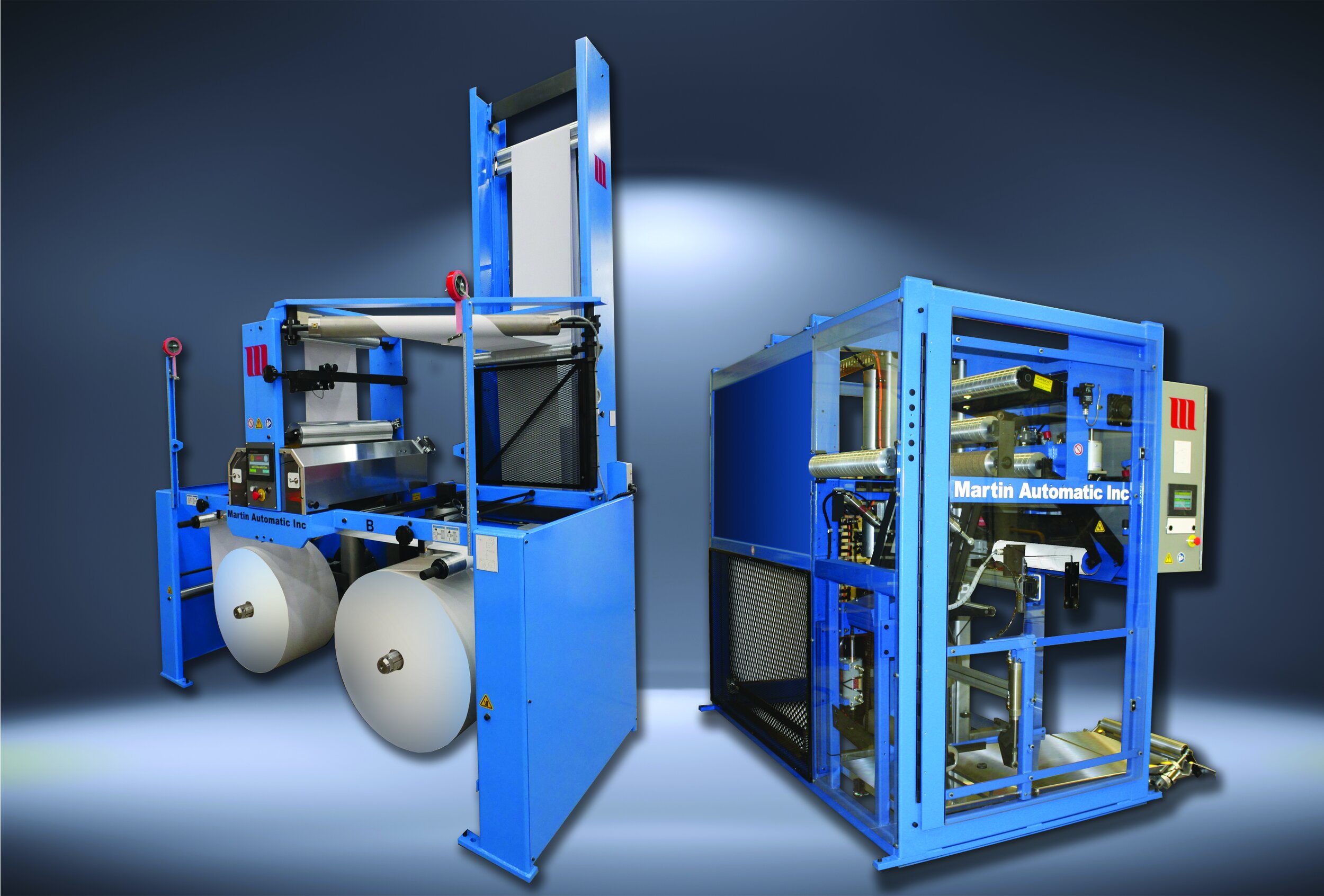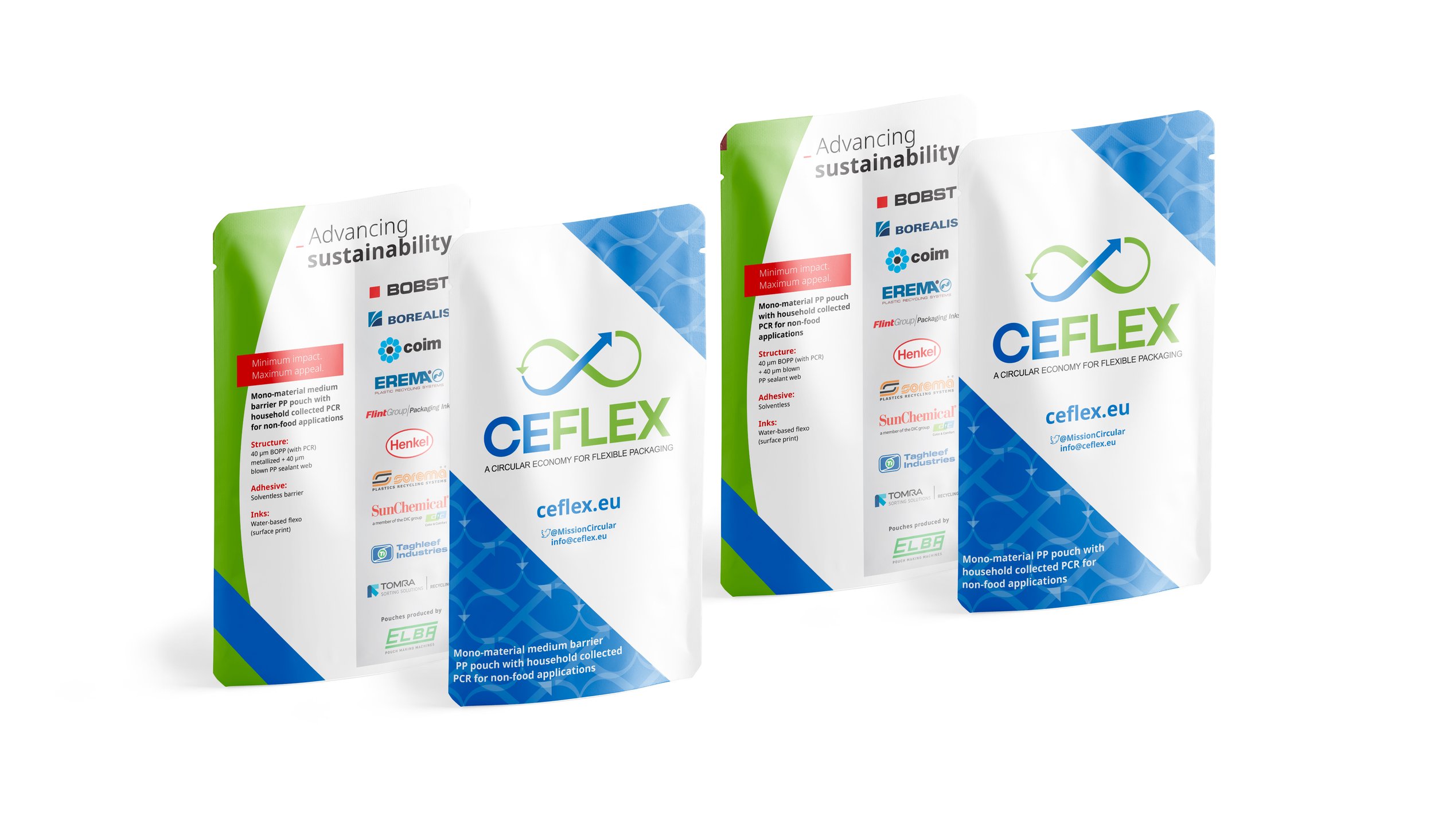Schaumburg, IL – At the mid-year mark, John Hrdlick likes what INX International has accomplished and continues to do as the metal decorating industry’s global leader. Acknowledging the myriad challenges that exist, the company’s President and CEO believes that after judicious planning, strategic investments and hard work, INX is well positioned for the remainder of 2022 and the future.
Since 2020, INX has expanded its two-piece metal decorating ink manufacturing facilities, laboratories, blending centers and equipment by 45 percent, which involves properties on three continents. These developments have allowed INX to remain ahead of the industry curve with the surge in demand and forecasts of increased volume for the metal beverage can market.
“Our two-piece metal business is as strong as it has ever been,” said Hrdlick, a member of the INX organization since 1978 who was promoted to his current title in 2018. “Having a research and development staff dedicated to technological innovations has driven us to continuously upgrade our product formulations. With world-class facilities in different regions of the U.S. and around the world, we are prepared to support our entire network of ink manufacturing capabilities in uncertain times and unexpected situations.”
As the market leader in the UK, INX Europe has expanded their efforts in Spain. The addition of an upgraded facility in Barcelona has increased production capacity. Likewise, marketshare has improved considerably in South America since the 2020 merger with parent company INX do Brasil. Its facility in Itatiba, Brazil, serves as the main hub for two smaller metal decorating plants in Colombia and Paraguay.
“In the next few years, we plan to have a campus-style facility in Brazil that will include a metal decorating facility,” revealed Hrdlick. “Our business in Japan is considering re-entering the metal market in Asia, which would result in them investing in our facilities throughout Asia to directly supply two-piece metal ink. Currently, the U.S. and UK operations ship a considerable volume of ink to Japan.”
A change in consumer habits the last two years reversed the trend and is driving the significant increase for metal can products. Easily carried and transported, their popularity spiked with greater demand in the beer, soda and energy drink categories. Research reports indicate the North American metal can market alone was an $11 billion industry in 2020, and projects it to grow to nearly $14.5 billion by 2026.
Hrdlick says INX’s strategic plan accounts for these types of challenges. “We knew our metal customers were building more plants and adding more lines. Can suppliers typically want their plants to be at 80% capacity so they have availability in case of any unforeseen events,” he acknowledged.
“We’ve adopted that philosophy and with all of the global investments we’ve made, it is keeping us at that capacity guideline. Here in the U.S., we recently committed $2 million so our Dunkirk, N.Y. facility would have a two-piece metal decorating footprint. We’re also using facilities in California, Illinois, Kansas and Texas to support additional volume as needed.”
Hrdlick said those tactics are an important part of a larger scope.
“We realized our main metal decorating facility in Charlotte, N.C. can’t supply the world or 100% of U.S. demand, so we invested in those other existing plants. It’s also about spreading the risk. There were tropical storms in the Carolinas last year that could have impacted our Charlotte operation. Luckily they did not, but I think having other facilities here and around the world to help cover each other in case of a disaster is a good strategy to prevent business disruptions.”
Addressing the recycling movement in the can market, Hrdlick said this is in alignment with INX’s sustainability efforts for a circular economy. Creation of INX’s Coloring a Safe and Sustainable Future (CSSF) model results in every new product being developed to have minimal impact on the environment. Driven by three specific areas – both process and product design for the environment and social responsibility – CSSF improves resource management and drives out waste, including ink inventory management to help rework and recycle used inks.
INX also has adjusted for the industry’s declaration to remove all perfluorinated chemicals and find new alternatives for well-established raw materials. When the European Union announced in July 2020 a regulation limiting the amount of perfluorooctanoic acid (PFOA) in PTFE to no more than 25 parts per billion (grams per thousand tons), it required ink formulations to be PFOA-REACH compliant or completely PTFE-free by July 4, 2023. Certain INX metal decorating products have been reformulated to contain no PTFE.
Two new PFAS-free flat sheet metal decorating ink sets from INX are the INXCure® TP UV Plus Base System and INXCure® PrintPro Base System. The performance-proven TP series inks are formulated with a full range of specialized package needs for both conventional and UV technologies, giving marketers the eye appealing looks and superior adhesion they desire.
Both products are for use on crowns, screw caps, closures, two-piece DRD cans, welded aerosols and decorative tin applications. Both offer a variety of base colors and deliver impressive results with excellent fabrication and flexibility, a fast cure response and outstanding printability. Brand owners and printers are rewarded with added value by using these inks, benefitting from reduced regulatory risk.
The recently introduced Gloss Matte NoVar inks for extruded metal (Monobloc containers) create high gloss and matte contrast effects, resulting in a 50% gloss difference between the two. Offering superior press performance with excellent ink flow, high strength and improved scratch resistance, Hrdlick says these types of products are the first of what’s to come from the developmental pipeline.
“We will continue to introduce innovative products, including inner and outer can coatings, that are safe, sustainable and support a circular economy,” said Hrdlick. “We have always prioritized environmental and social responsibility as we seek to provide the best possible products and services to our customers.”
Admitting world developments in the first half of 2022 continue to pose challenges, Hrdlick is convinced that history is on INX’s side.
“Our metal group underwent changes in recent years with key people retiring, but we have strengthened the division by increasing our manufacturing and in-plant technical service staffs. Everyone is synergized, our global purchasing is more coordinated, and we continue to work with and communicate regularly with our suppliers. We are doing all we can to improve the supply chain situation. The bottom line is our customers know we have a sophisticated global team that can help their business succeed.”
About INX International Ink Co.
INX International Ink Co. is the third largest producer of inks in North America, with full-service subsidiaries in Europe and South America and is part of SAKATA INX worldwide operations. We offer a complete line of ink and coating solutions technology for commercial, packaging and digital applications. As a leading global manufacturer of inkjet inks, we provide a full palette of digital ink systems, advanced technologies and integrated services.
To stay in touch with the latest developments, follow INX on Facebook and Twitter and visit www.inxinternational.com.








